Tesco’s booming dotcom business came at the expense of service and availability to its in-store customers, CEO Dave Lewis admitted this week - because staff could not cope with the extra work.
Announcing a £6.4bn loss, the largest in retail history, Lewis said he was encouraged by a reversal in the fortunes of its Extra stores - described by one analyst as “remarkable” - after introducing 9,000 additional front-line staff.
“Maybe supermarkets are not the dinosaurs they’ve been made out to be,” he said.
But Lewis admitted it was a challenge to operate them effectively while fulfilling online orders, which grew 20% in 2014/15.
“We were running stores very lean and unfortunately the impact of the growth of the dotcom business was a disruption for the staff in store,” he explained - adding that dotcom availability was “the best it ever had been over the past four weeks”.
He also admitted that profits for online were down slightly over the year, after predecessor Philip Clarke slashed the cost of deliveries and click & collect as part of his Bricks & Clicks strategy.
Tesco announced in April 2014 it was introducing free click & collect grocery across all locations, having previously charged £3 for weekend slots, while one-hour Tesco.com delivery slots were cut to £1, from £3.50. Delivery Saver prices were also lowered.
With far less emphasis on online in this week’s report, industry experts said Tesco was not the only retailer concerned that excessive expansion online may have eaten into store profitability.
“Online growth has become a double-edged sword for Tesco,” said Kantar Retail’s Bryan Roberts. “Tesco knows it has to have share in online but it has seen a degree of cannibalisation from its stores.”
“For every free click and collect offer or reduced price delivery they are effectively actively discouraging shoppers from going to the actual store. “If you look at Tesco’s big stores they have five or six vans serving online orders and I’ve spoken to several managers who are not too happy at the impact on the stores.”
One senior industry source told The Grocer other supermarkets had also been investigating the impact of online deliveries on availability and service.
“I don’t think there is any question of Lewis going cold on online, though personally I think Tesco Direct is a basket case,” added Bruno Monteyne, senior analyst at Bernstein.
“But perhaps he is more realistic than his predecessors and realises that at the moment this is not the priority when it comes to tackling the likes of Aldi and Lidl.
“Clearly dotcom became a dominant part of the business and if you make one element too important everything else gets thrown out.”
Lewis this week vowed to make it “worth the trip” for customers to visit out of town stores, after revealing he had put its hypermarkets at the heart of its comeback strategy.
Tesco Extras were its best-performing stores in Q4, though still down 2.2% year on year in sales.
Monteyne said the turnaround in Extras sales since Lewis came in was “remarkable.”
One-offs
Tesco’s £6.4bn overall loss was driven by £7bn of one-off items including:
- £3.8bn writedown on stores still trading
- £925m writedown on scrapped 49 stores
- £878m writedown on China and joint ventures
- £570m stock charges
- £300m restructuring costs
- £208m writedown on commercial income
- £81m loss on Blinkbox
- £41m ATM site rates
- £27m provision for customer redress within Tesco bank
- £20m store closure costs
Source: Tesco







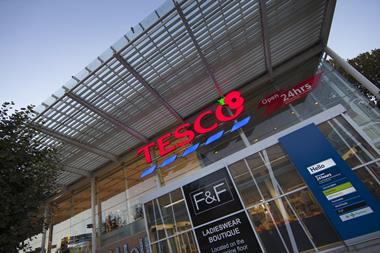



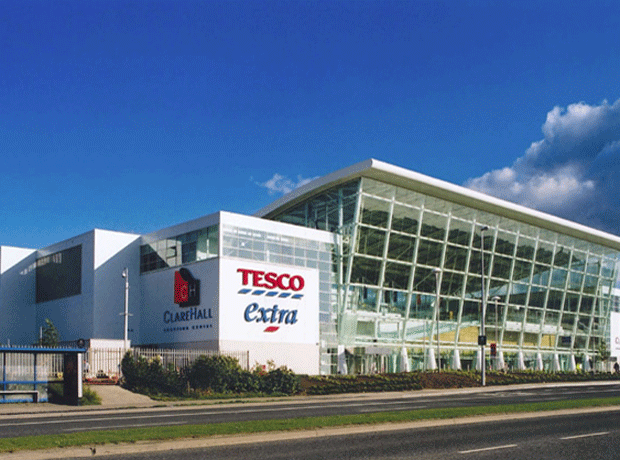
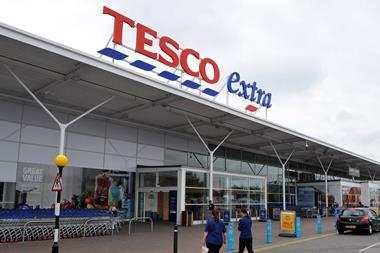
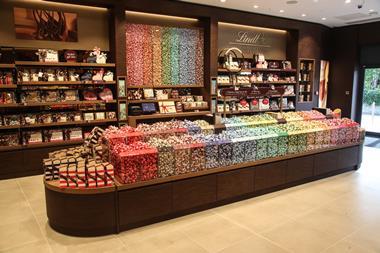

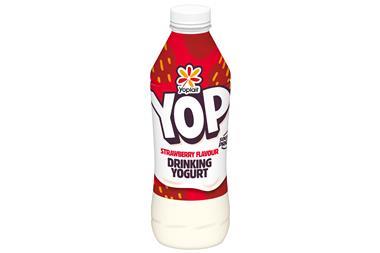
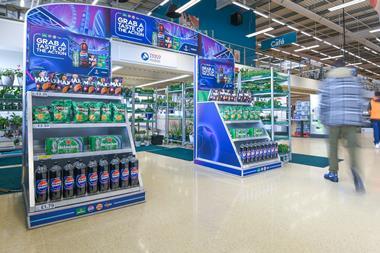
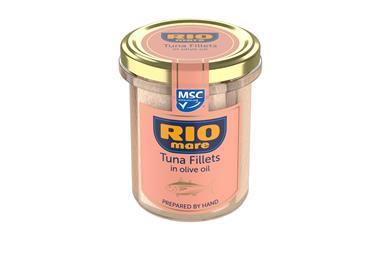
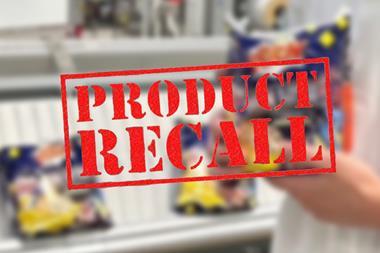
No comments yet